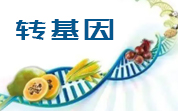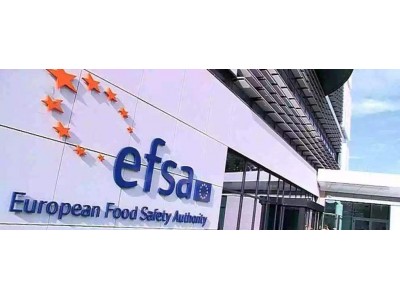经过评估,专家小组得出结论,该食品酶在预期的使用条件下不会引起安全问题。部分原文报道如下:
The food enzyme fructan β-fructosidase (β-d-fructan fructohydrolase; EC 3.2.1.80) is produced with the genetically modified Trichoderma reesei strain AR-577 by AB Enzymes GmbH. The genetic modifications do not give rise to safety concerns. The food enzyme is free from viable cells of the production organism and its DNA. The food enzyme is intended to be used in the processing of cereals and other grains for the production of baked products and cereal-based products other than baked. Dietary exposure was estimated to be up to 0.181 mg total organic solids (TOS)/kg body weight (bw) per day in European populations. Genotoxicity tests did not indicate a safety concern. The systemic toxicity was assessed by means of a repeated dose 90-day oral toxicity study in rats. The Panel identified a no observed adverse effect level of 1000 mg TOS/kg bw per day, the highest dose tested, which when compared with the estimated dietary exposure, results in a margin of exposure of at least 5495. A search for homology of the amino acid sequence of the food enzyme to known allergens was made and no match was found. A known source of food allergens was used in the food enzyme manufacturing process. The Panel considered that the risk of allergic reactions upon dietary exposure cannot be excluded but the likelihood is low. based on the data provided, the Panel concluded that this food enzyme does not give rise to safety concerns, under the intended conditions of use.
本文由食品伙伴网食品资讯中心编辑,供网友参考,有任何疑问,请联系news@www.sqrdapp.com。











 地区:
地区:






 鲁公网安备 37060202000128号
鲁公网安备 37060202000128号



